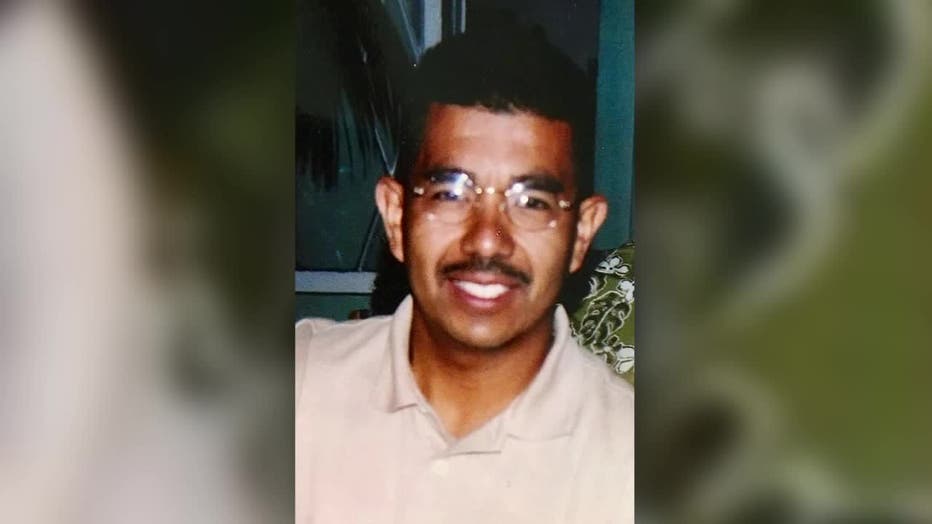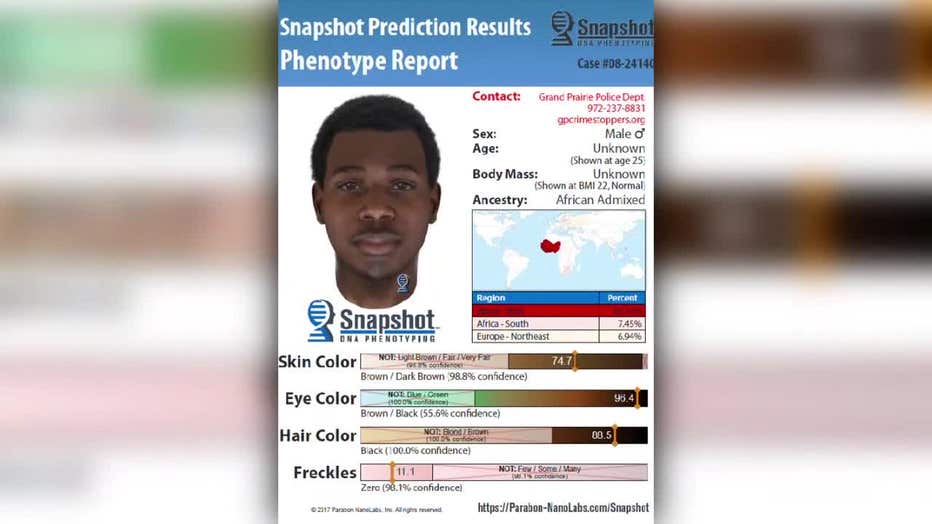How new DNA technology helped solve 16-year-old Grand Prairie cold case

DNA leads to suspect in 2008 NTX murder case
Grand Prairie is just the latest North Texas police department to use DNA technology to solve a cold case. Police are calling it a game changer for law enforcement.
GRAND PRAIRIE, Texas - The detective in a 2008 cold case that was recently solved thanks to new DNA technology says leads were non-existent until that technology came along.
Earlier this month, 44-year-old Jerry Lee Gardner was arrested at his home in East Texas.
Forensic genetic genealogy allowed police to collect the evidence to link Gardner to the stabbing death of a man inside his Grand Prairie home.
Grand Prairie police say they didn’t have any persons of interest or a suspect in the case until forensic genetic genealogy testing.
Grand Prairie is just the latest North Texas police department to use DNA technology to solve a cold case. Police are calling it a game changer for law enforcement.
Featured
DNA technology solves 35-year-old Bedford murder case
In 1986, Janet Love was found raped and murdered in her apartment. Recent DNA technology led police to learn it was her neighbor who did it. But they only found out after he died.
In August 2008, the Grand Prairie Fire Department found the body of 45-year-old Raymond Hernandez inside a burning home on Channing Drive. An autopsy revealed he was stabbed multiple times.

The homicide investigation started off with a key piece of evidence: the killer’s DNA found at the scene.
"The best evidence you can have at a scene," said Grand Prairie Police Sgt. Tracy Hinson, who was a detective on the case in 2008.
The collected DNA didn’t generate a match in the existing national database. Eventually, the case went cold.
"We tirelessly worked and put a lot of effort into and didn’t have any success at the time," Hinson said.
In 2017, DNA technology advanced to the point that investigators could create a sketch of the physical appearance of the suspect. A flyer of the sketch was put out to the public.

"As far as reaction, it was big time for us," Hinson said. "We were hoping that it would develop a lead in the case as far as getting the picture out there."
Featured
Judge blocks Grand Prairie ISD from firing its superintendent
The school board is blocked from making any decisions regarding the superintendent’s future after a Dallas County judge granted a temporary restraining order on Monday.
But no leads came — until 2022 when Grand Prairie cold case detectives learned their DNA sample was a match in two sexual assault cases in Fort Worth.
The detectives collaborated with the Texas Rangers, who had a grant to test sexual assault kits using forensic genetic genealogy. The process uses DNA to create a family tree and identify suspects.
After two years, the results led police to Gardner. He was arrested on October 4 at his home in Lufkin, Texas. He's currently charged with capital murder.

"It was pretty exciting. There was a lot of work put into it," Hinson said. "It's not just us that cracked the case, The Bode Lab is a big player in this as well as the Texas Rangers."
This is the first case Hinson used forensic genetic genealogy to help solve, but it won’t be the last.
"I think there will be a lot more cases, not just murders, but maybe sexual assaults solved through this. So, it’s a big game changer for law enforcement," he said.
Hinson says genealogy testing is expensive, so they have to do it on a case-by-case basis.
Detectives are still working to figure out a motive for the murder.
According to public records, Gardner has not been charged in connection to the sexual assault cases in Fort Worth.



